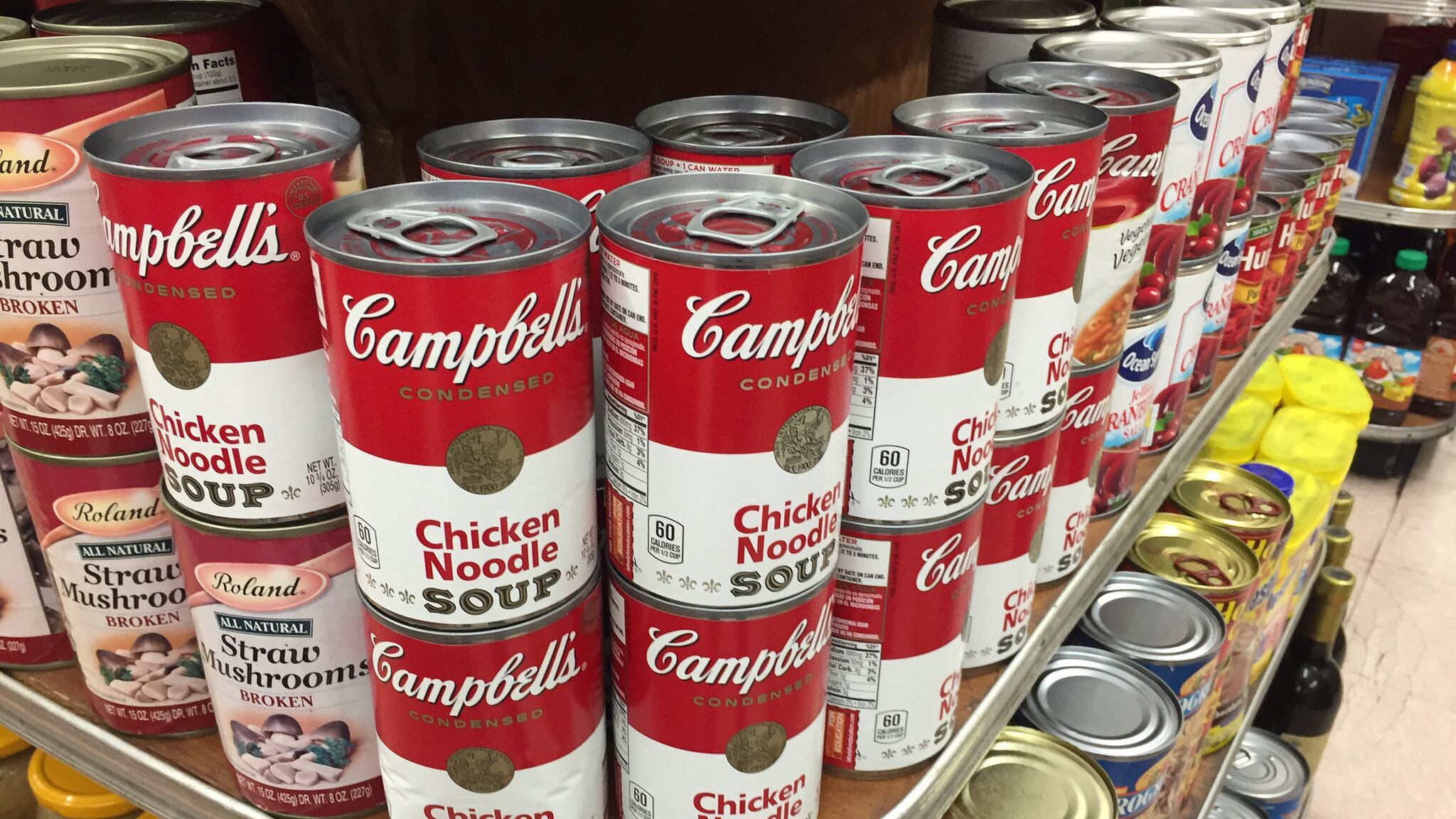In TV advertisements, the backers of an Oregon constitutional amendment to prohibit grocery taxes argue that Measure 103 would help food banks and pantries by making sure they wouldn't be taxed.
Opponents say that claim is deceptive, and that advocacy groups have asked the campaign backing Measure 103 to take it down.
"[Measure] 103 ensures food banks and food pantries will remain tax free," the ad says.
Partners for a Hunger-Free Oregon and Oregon Coalition of Christian Voices, two advocacy nonprofits, urged the yes campaign to pull the ad, and say that food pantries and food banks as nonprofits would remain tax-free. The groups expressed concern that people needing assistance would not understand that food at pantries is free and will continue to be.
"The special interests bankrolling Measure 103 are lying to voters and, even worse, they're misleading struggling families in ways that discourage them from accessing the help they need," says Becca Uherbelau, executive director of Our Oregon, a union-backed group that is opposing 103. "It's shameful and Oregon voters can't trust the Yes campaign."
Supporters of the measure acknowledge the scenario for a tax on food going to a food bank or pantry is "unlikely."
Dan Floyd, a spokesman for the yes on 103 campaign, says that larger food banks distribute food to smaller food pantries—a transaction that can include a fee and thus could be taxed. (Oregon does not currently have a sales tax, and most sales taxes exempt food.)
Floyd acknowledges that any future tax is unlikely to impact food banks. Still, he says the ad is factually accurate.
"We definitely don't think it's deceptive," says Floyd, who added that the ad probably won't "be running much longer."
The campaign isn't pulling the ad. Instead, they're rotating through different advertisements, he says.

